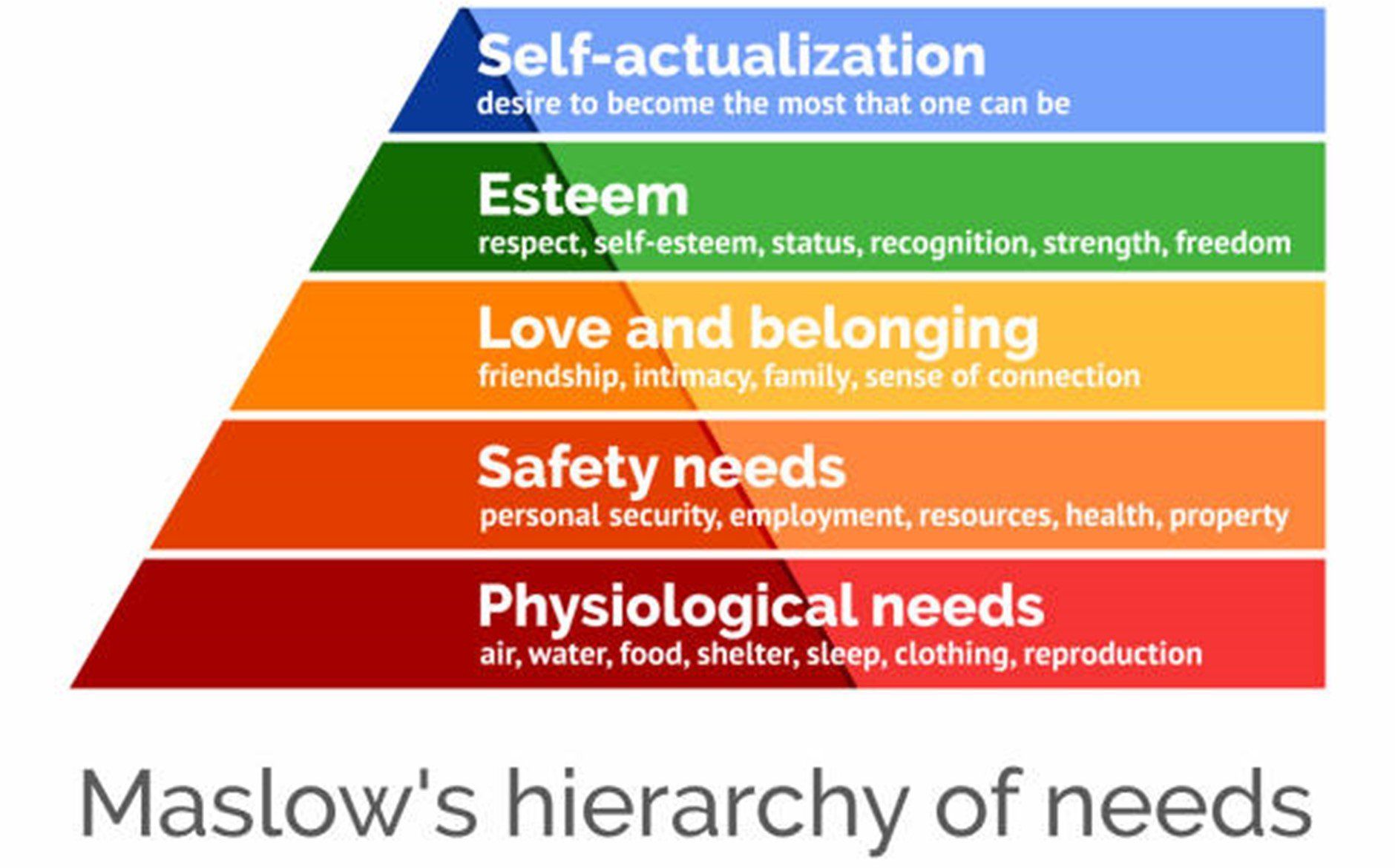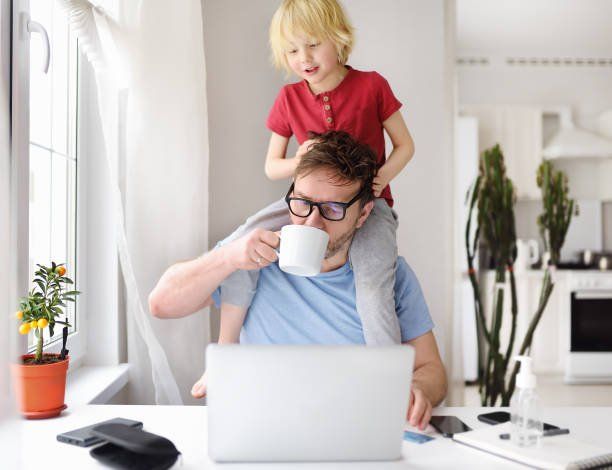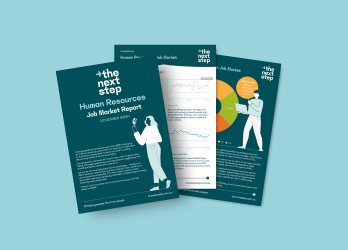A new way of leading: The opportunity post COVID
We all know someone who, prior to COVID, felt work burnout and used that to fuel a radical life change. They left their corporate careers and chose less possessions, more meaning. But this was generally a minority group. The rest remained committed to climbing the corporate ladder, happy to take on more accountability and bigger pay cheques. Since COVID, this trickle of people has turned into a tidal wave.
2021 has seen a wave of introspection, with many HR professionals questioning what they want in a role and more holistically from their life. The drive to be at the top of the corporate structure does not seem to be as attractive as it once was perhaps.
Many of us are facing challenges that can be stressful, overwhelming, and cause strong emotional responses making us re-think things. Once, a society addicted to information is choosing to permanently turn of the news to reduce anxiety in the household. People are more vulnerable and to keep people engaged we need to reset how we do things.
So, what should companies be doing to lead in this new era?
If Maslow was designing his pyramid from scratch today to explain what motivates people at work, what would it look like? The majority of current HR leaders have been trained to communicate with respect for hierarchy. Is that the best way now? Respect for your boss is still key, but now it must be balanced with a significant up-take in self-care.

Given the magnitude of the shock and the challenges that the COVID crisis represents, companies/leaders are starting to think differently. They are starting to consider the full breadth of their employees’ needs as people. Safety is essential, of course, but it’s also important to address higher-level needs such as the want for truth, stability and meaning.
Across a wide range of industries, we are starting to see increased support for workplace psychological health and safety. An Industrial Manufacturer based in QLD, for example, has recently employed a dedicated mental health specialist in response to increased cases of mental health and anxiety within it’s workforce. Other organisations, such as a national telco, are engaging psychologists to help struggling staff, but also to take a proactive approach to mental wellbeing. In this environment leaders are seeing the value of showing their own vulnerabilities.

Organisations need to master a new leadership style that produces healthy, productive and engaged employees. Hybrid work and flexible conditions are being adopted by many. A large financial institution has given it’s employment brand a boost by allowing employees to manage their day to best suit them. Time required in the office has dropped from 95% to 50%, demonstrating a big shift in thinking since pre-COVID days. Businesses are seeing the value in repositioning themselves in order to talent onboard.
Here at The Next Step we’ve seen a similar shift. Employees have the choice to work a compressed work week, can work from home when needed and enjoy extra leave for long tenure. Measures like these help to support work life balance and retain valued staff.
Organisations now have an opportunity to redefine their approach, internally and externally, to ensure they continue to build engagement in vulnerable times. COVID has given us the opportunity to do things differently. Now it’s time to consider what different looks like for you….
Geraldine Doyle is Director of The Next Step Brisbane office. With extensive networks across Queensland, Geraldine supports the middle management and executive HR market.
Author: Geraldine Doyle Date published : 30/06/2021



